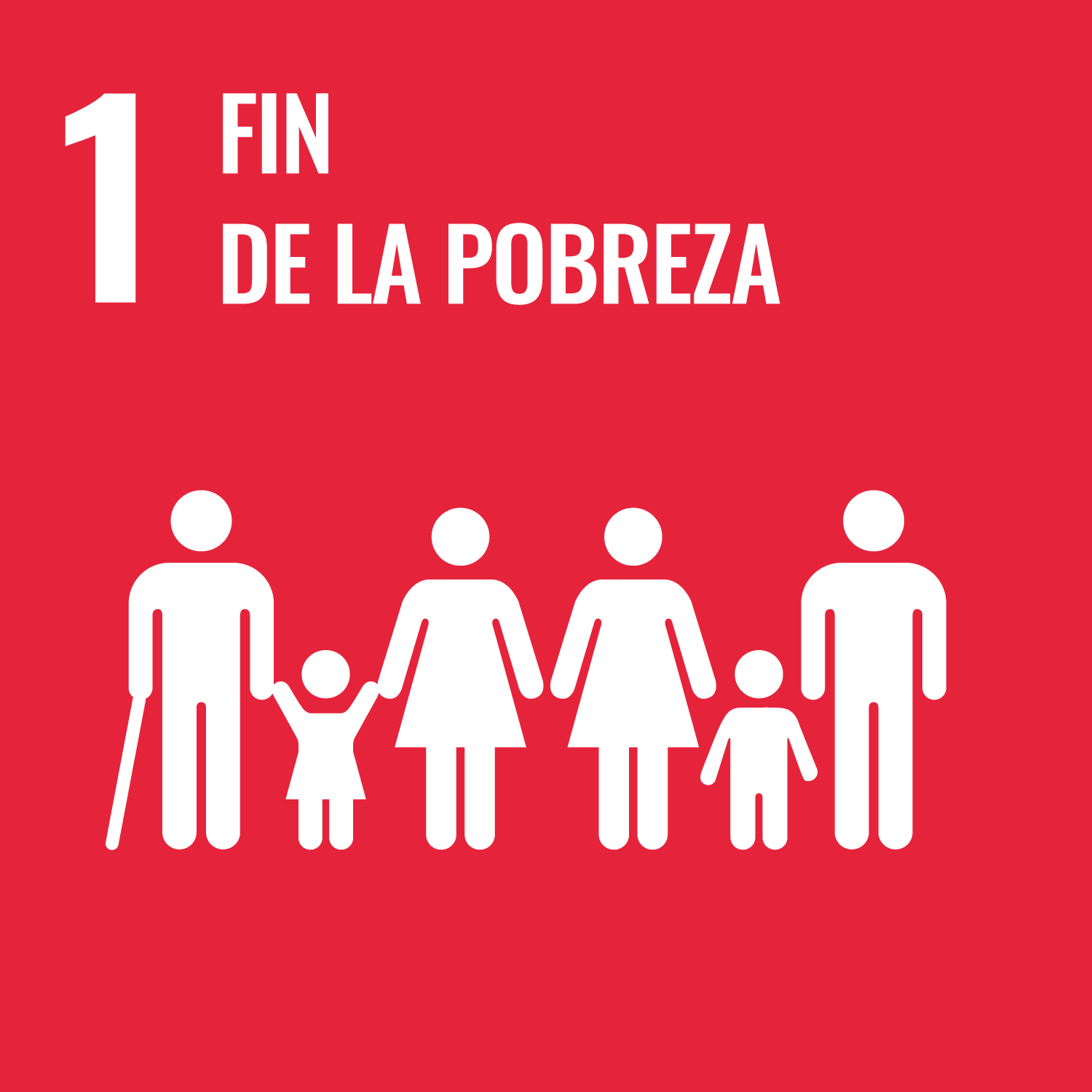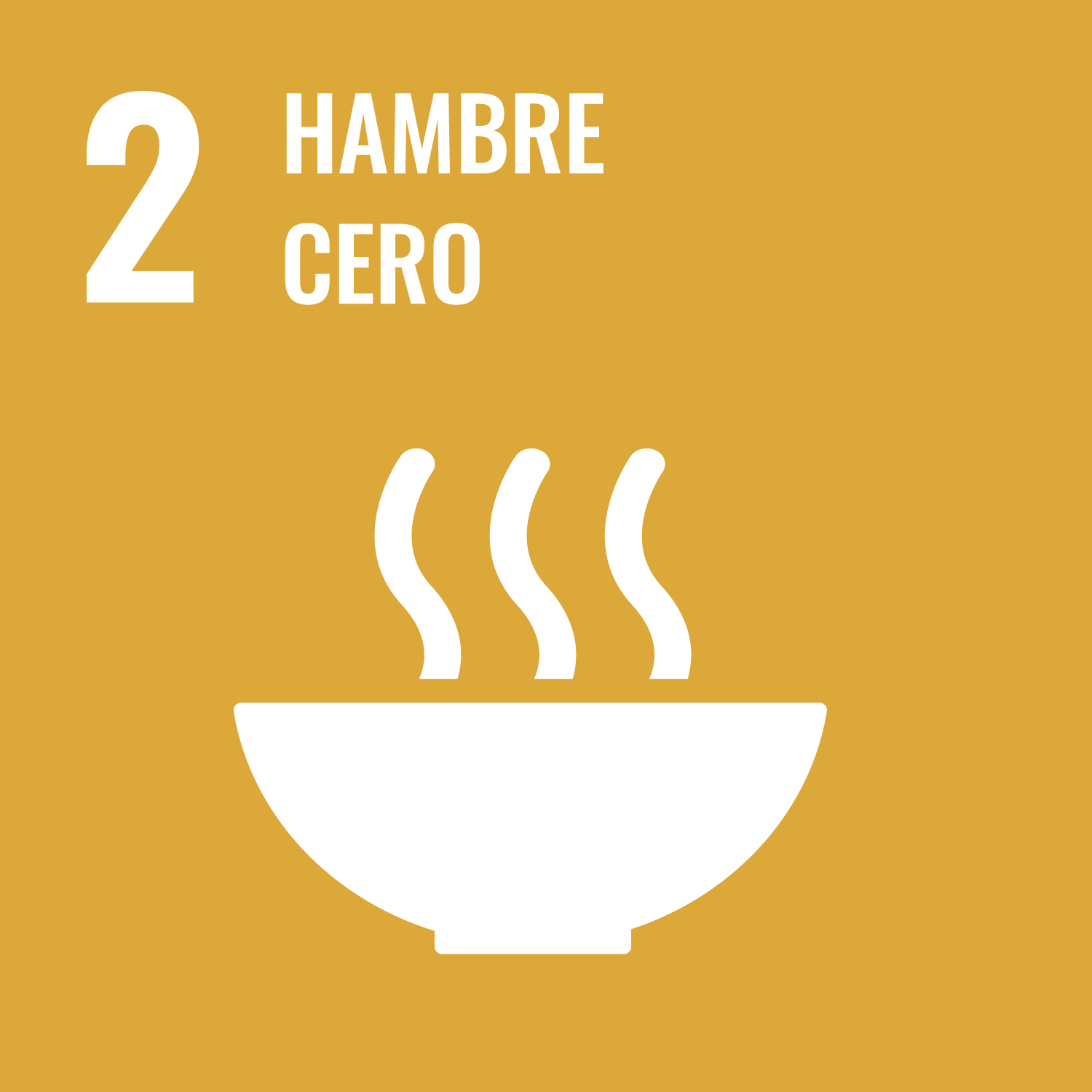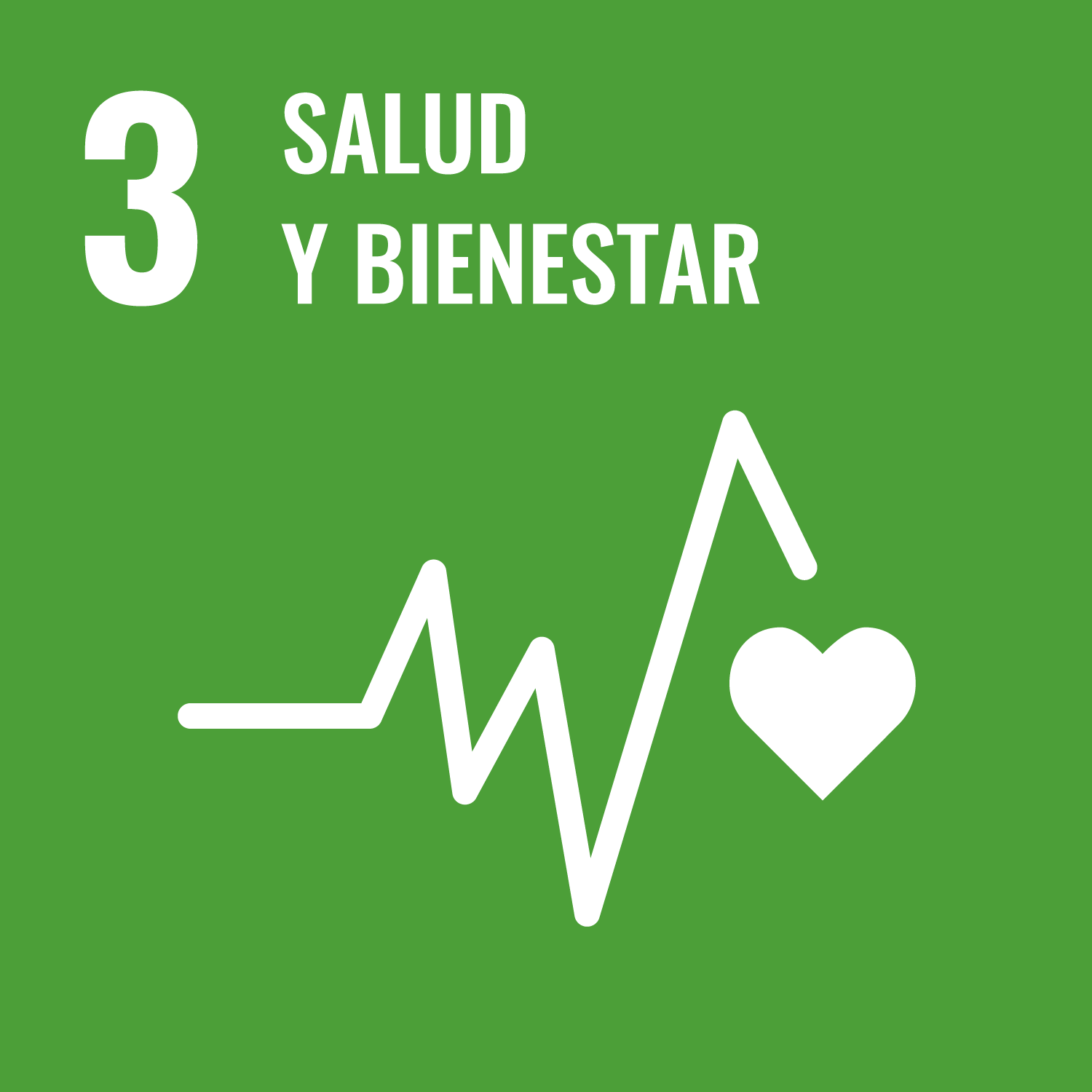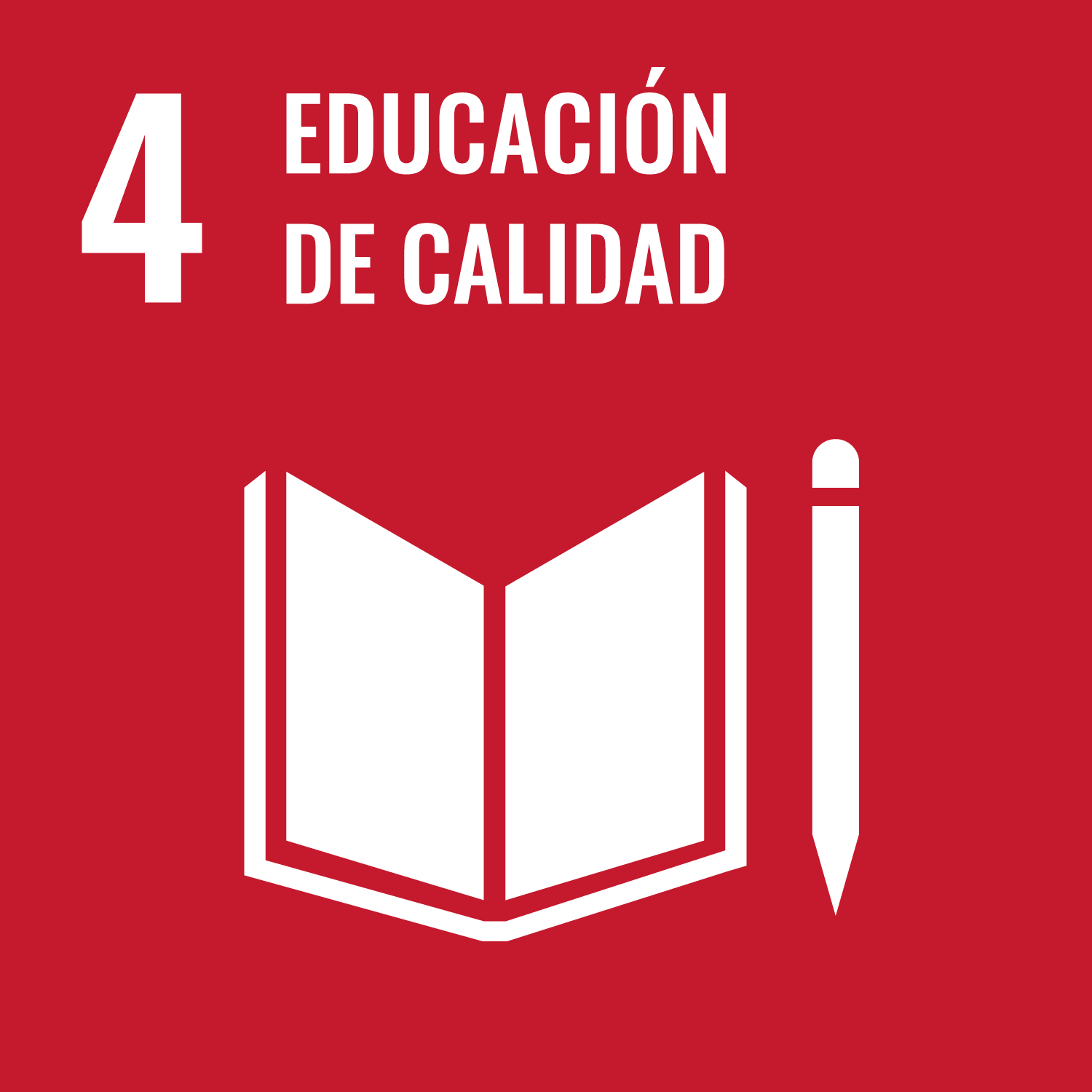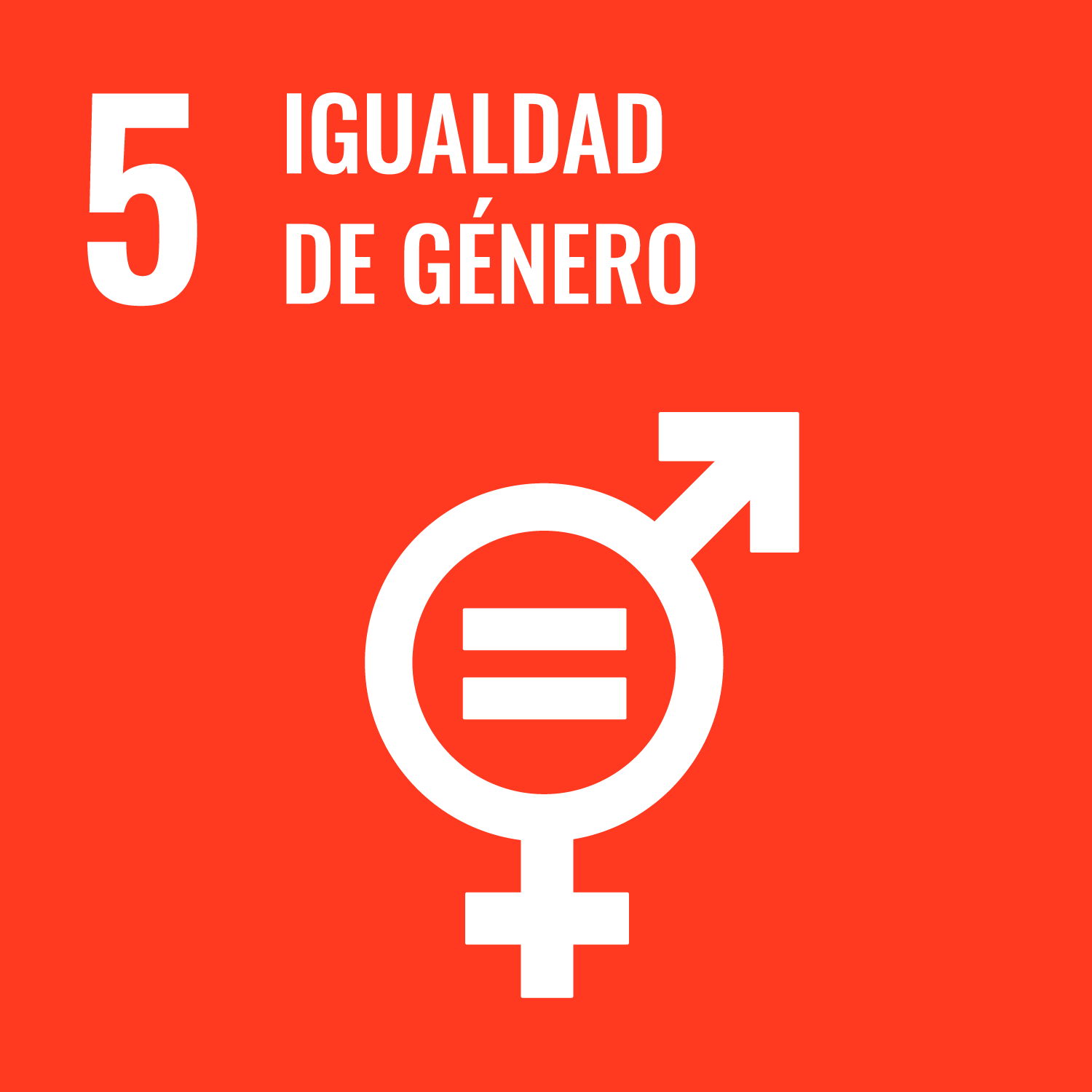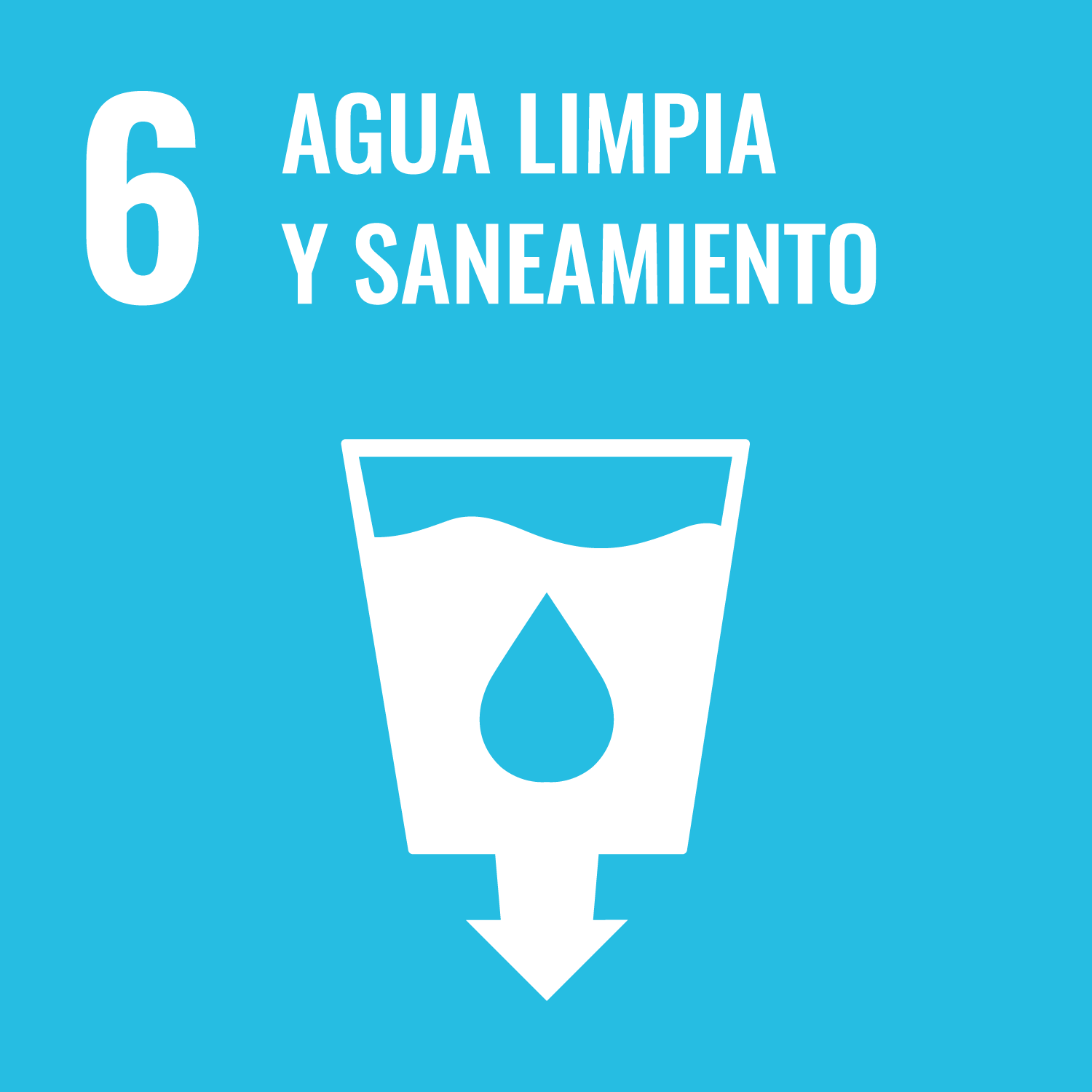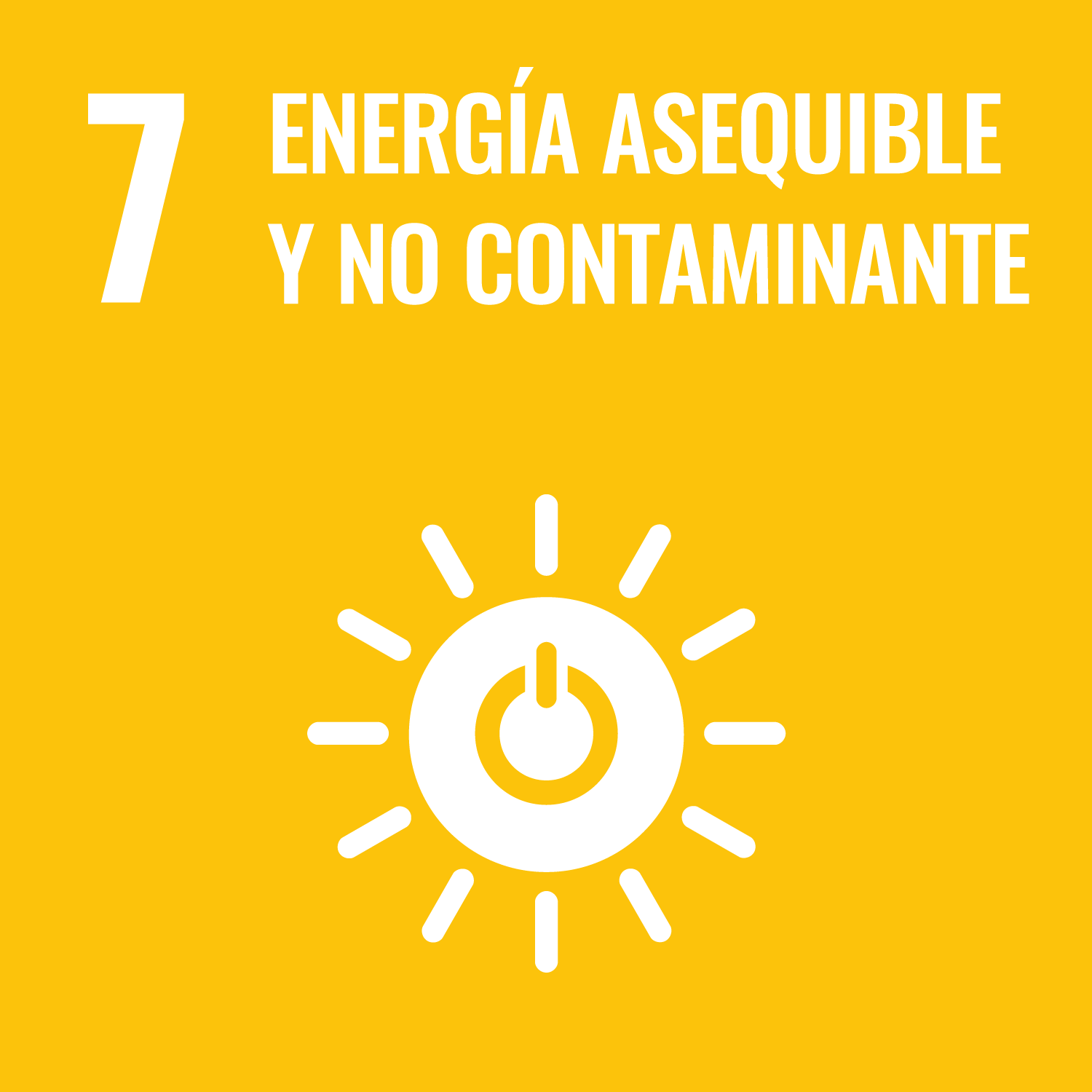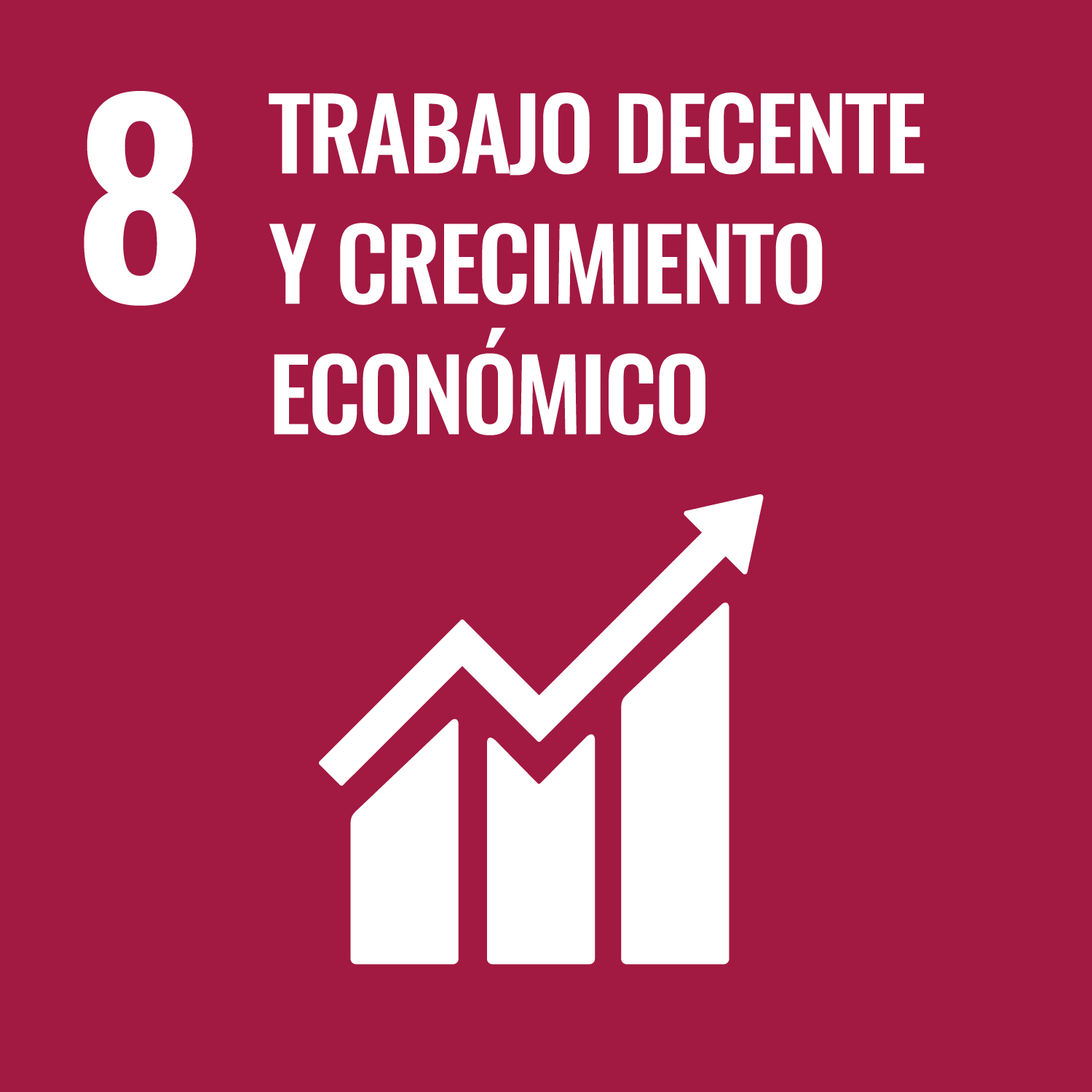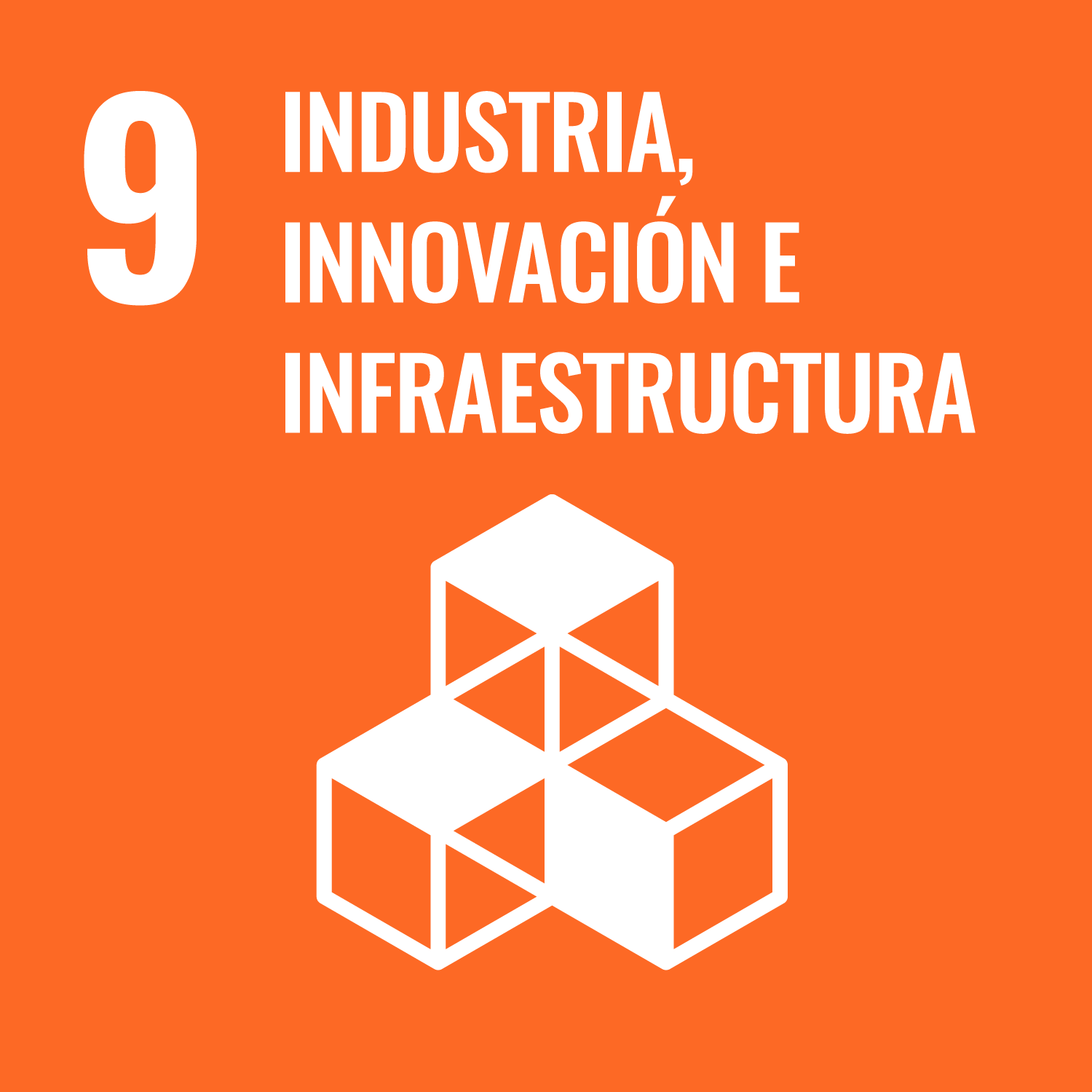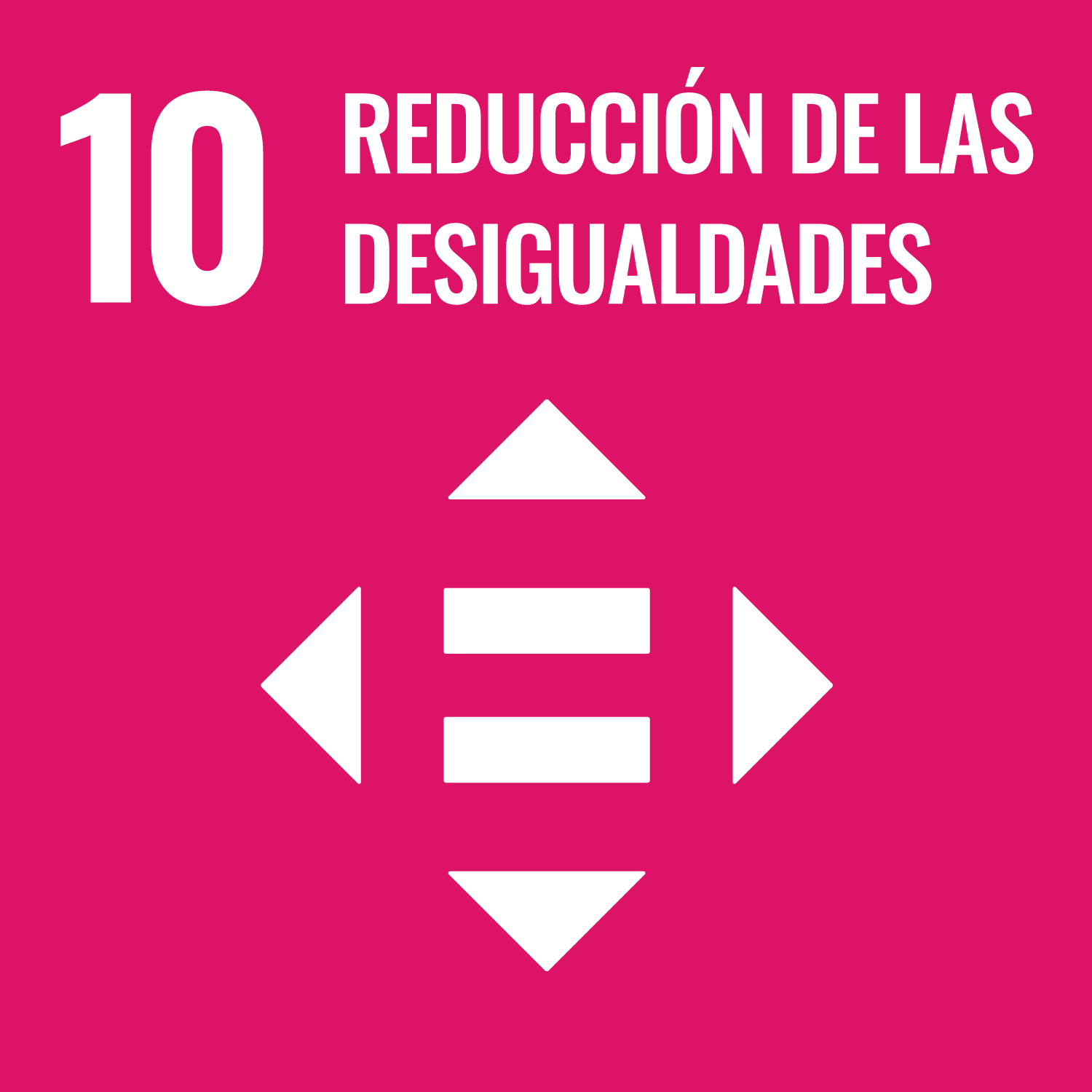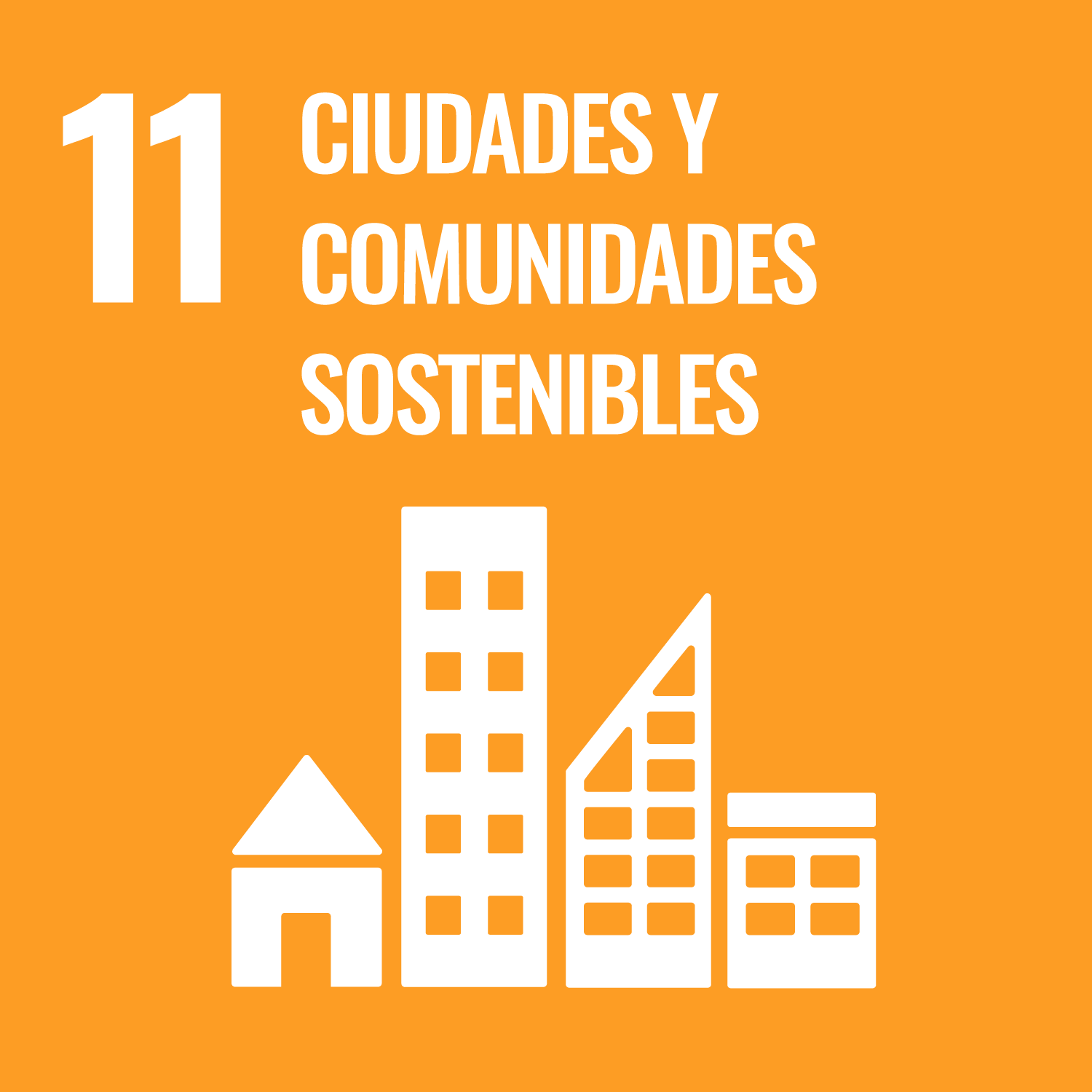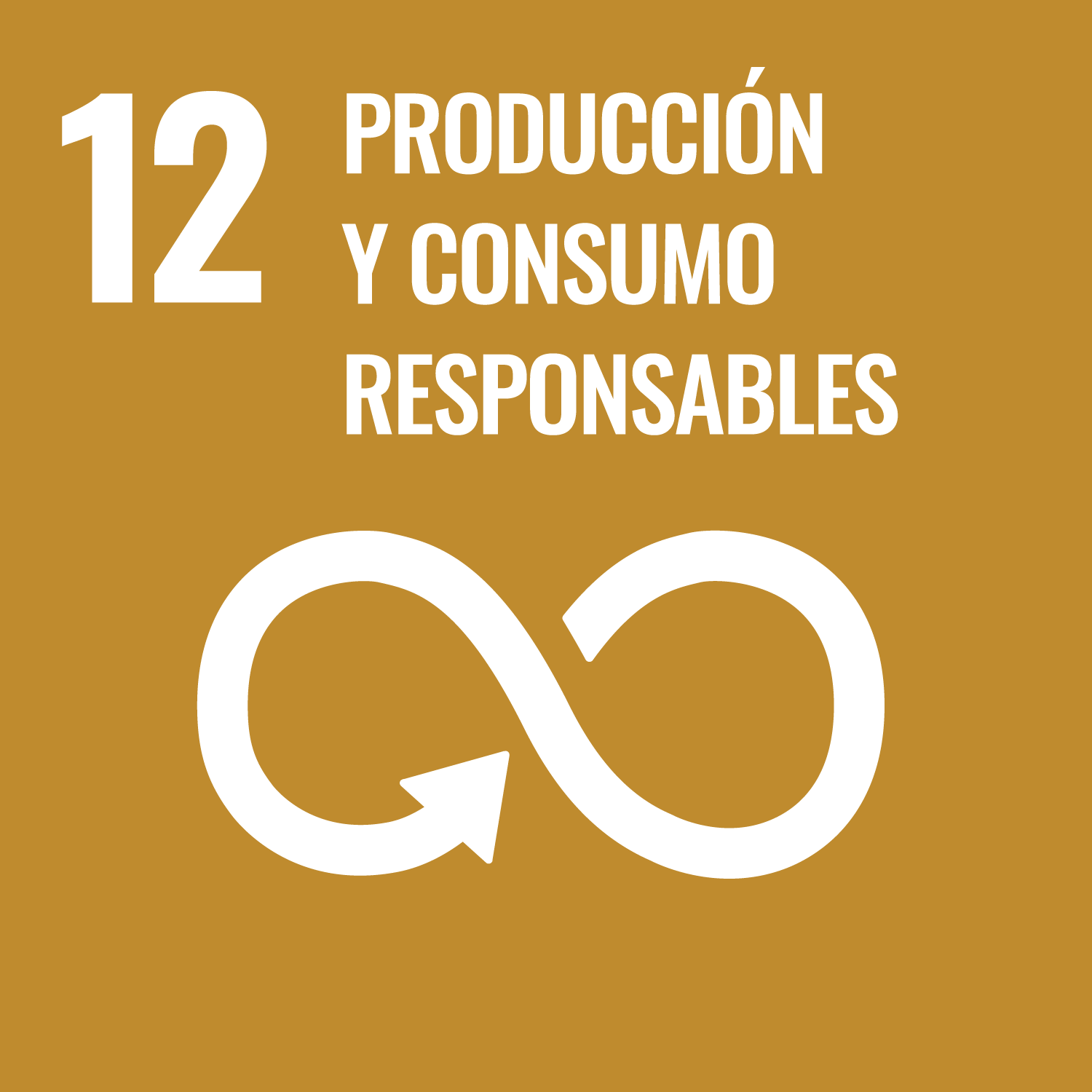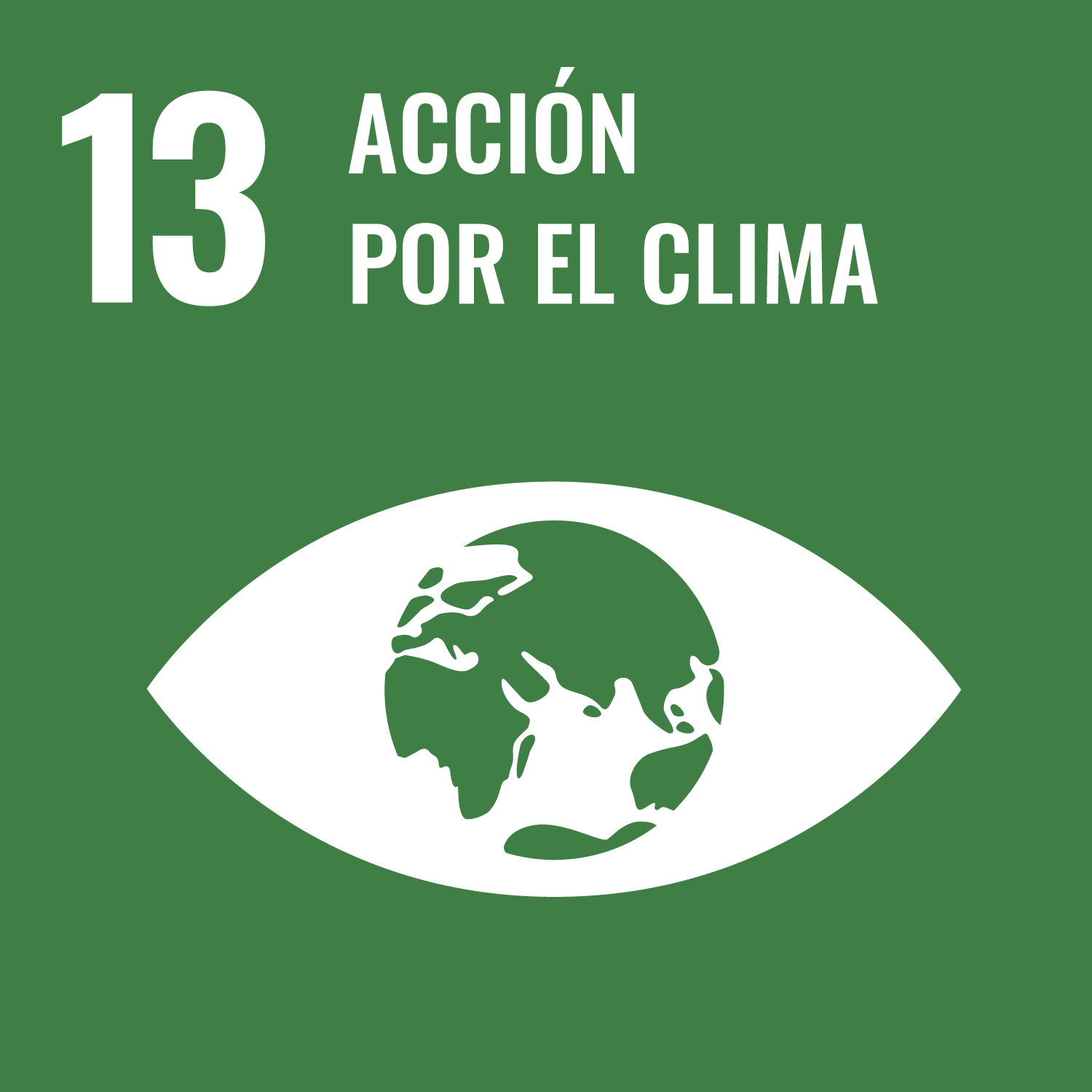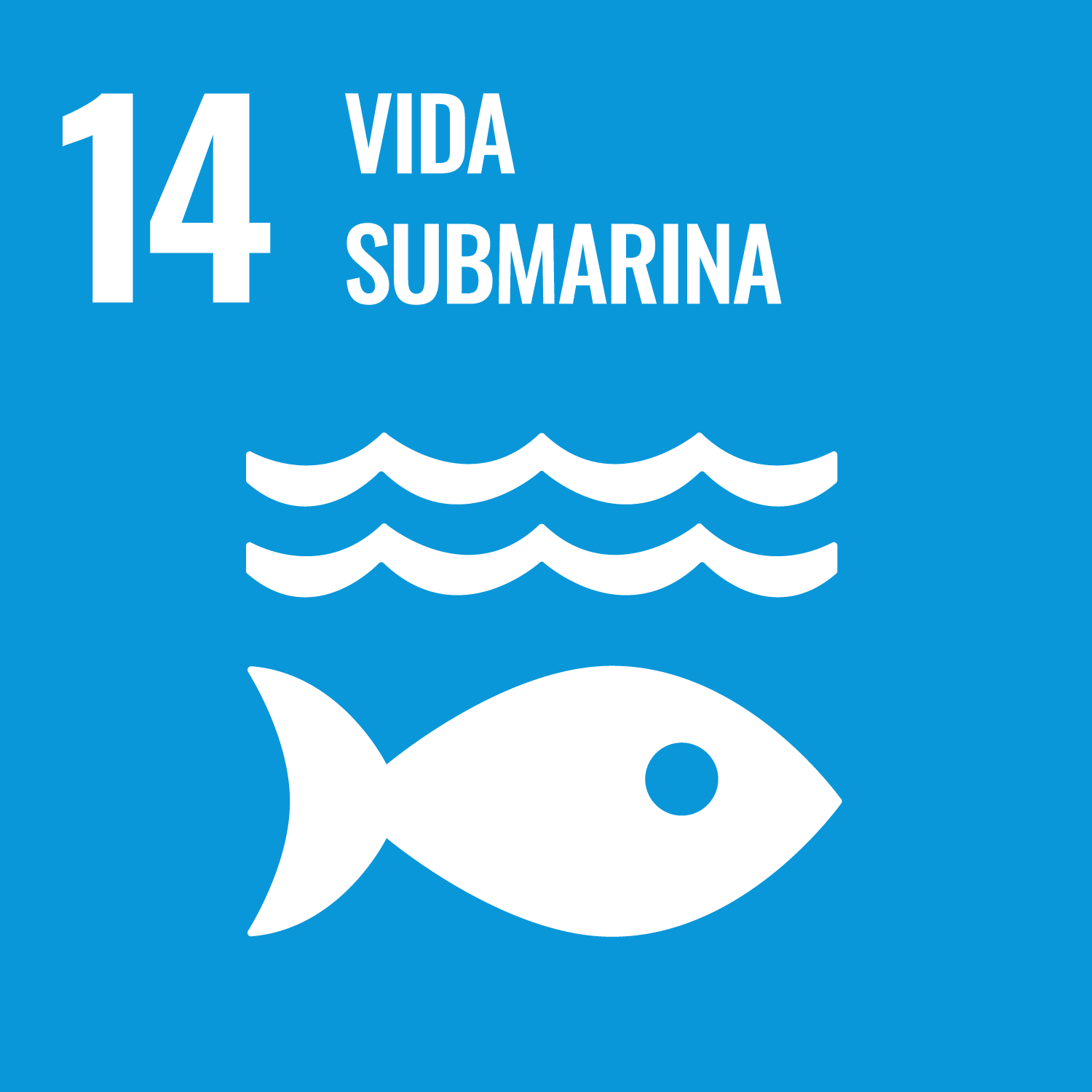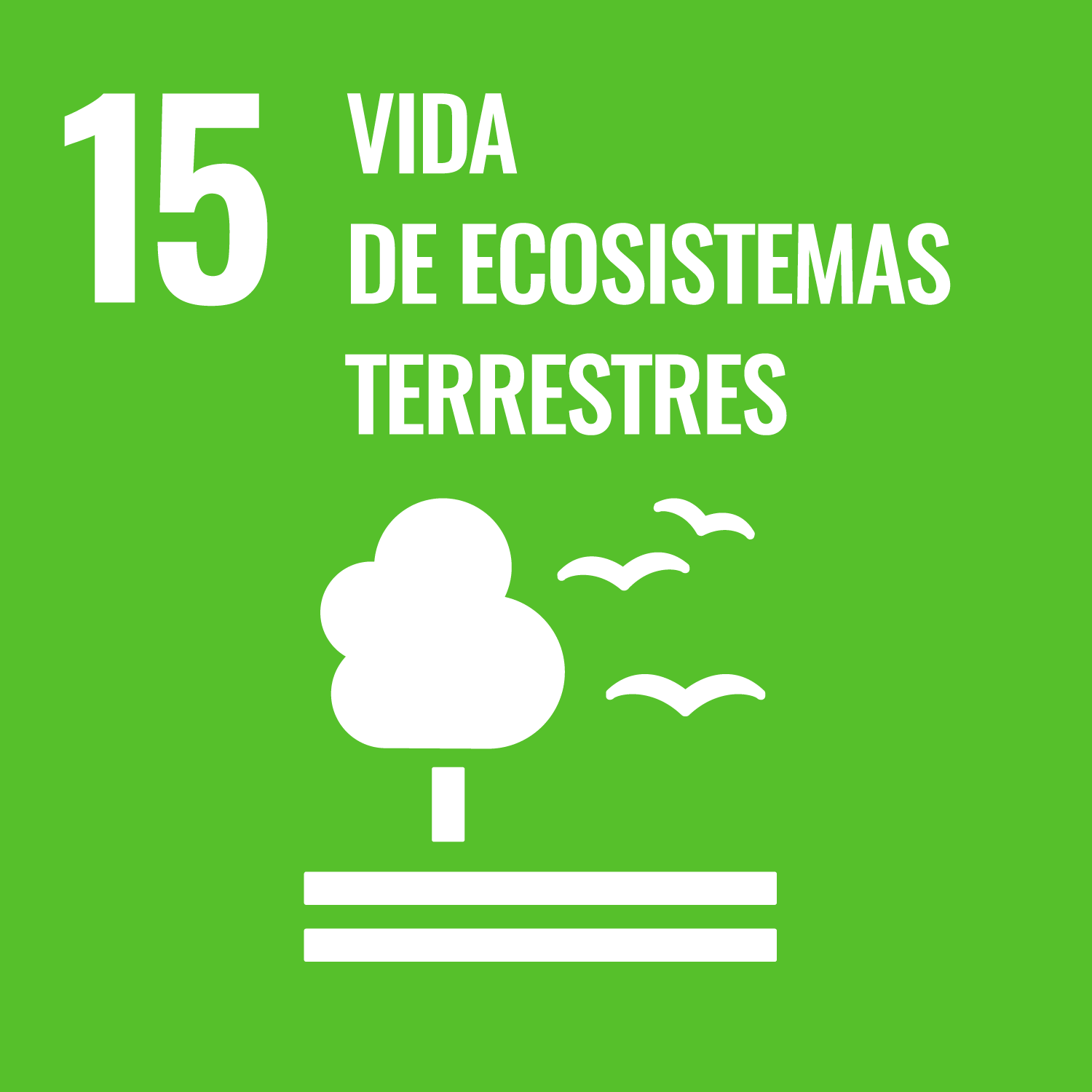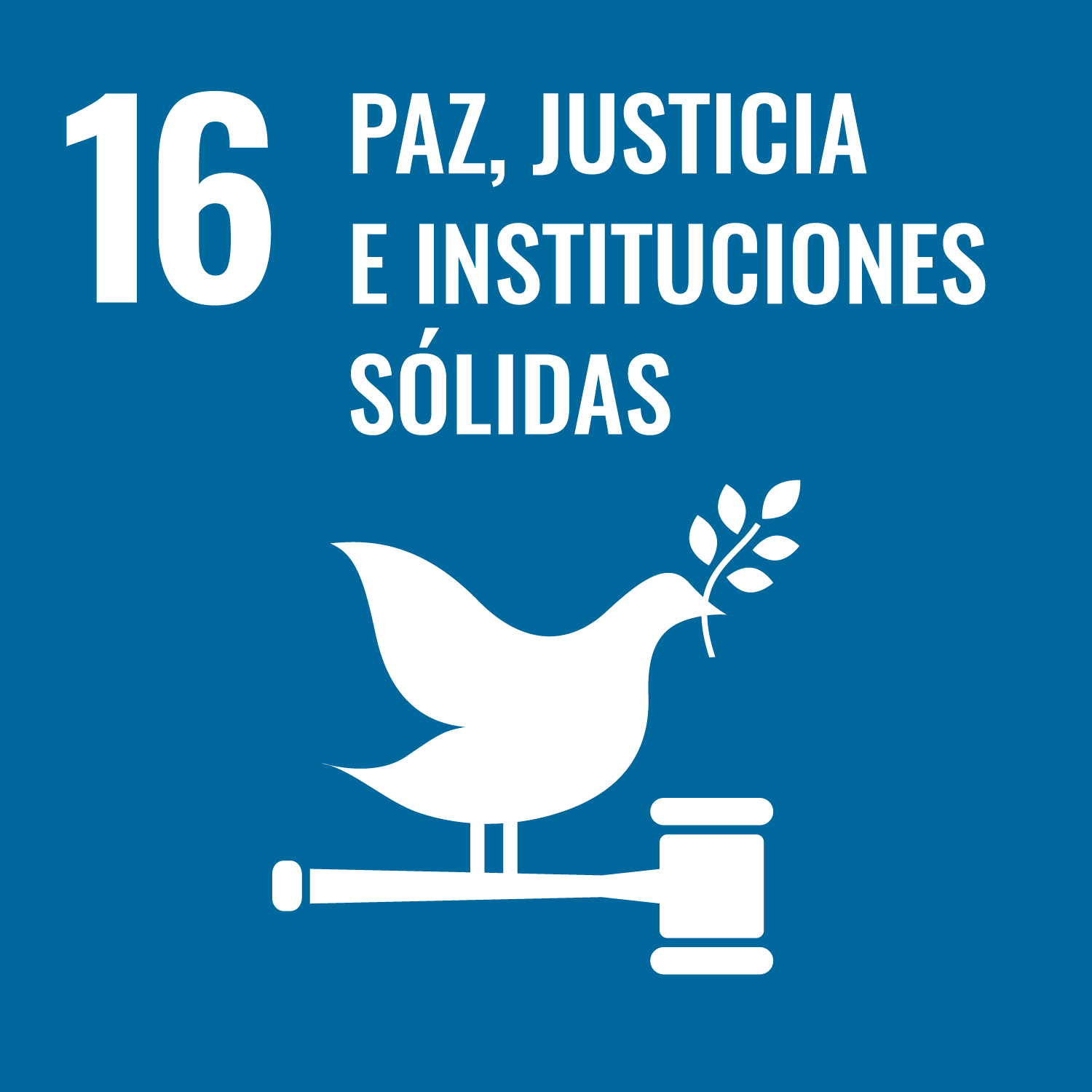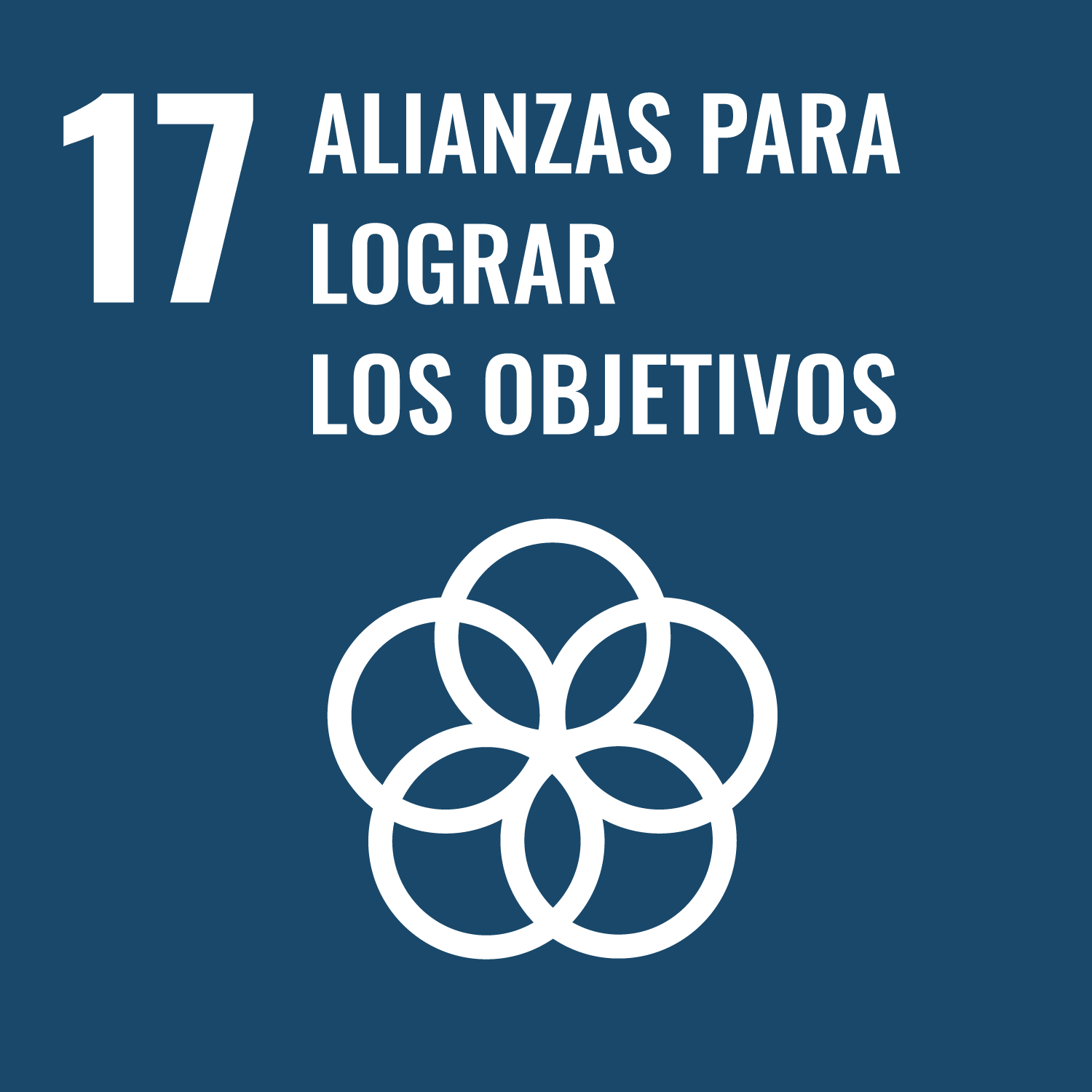Mobilizing Public-Private, Innovative and Alternative Financing as Levers SDG Financing Architecture for Tunisia
Brief description
A key pillar of the Joint Programme is setting-up an Integrated National Financing Framework supporting the up-coming National Development Plan (2021-2025) and Financial Strategies currently in elaboration, guided by the 2015 Addis Ababa Action Agenda and in line with the Agenda 2030. As such, the framework marks the next step necessary for Tunisia in achieving the SDGs following their integration in national and municipal planning and will bridge the gap between the long-term aspirations for SDGs and the necessary investments and reforms. Tunisia will work to reach these objectives through a whole-of-government optimized and efficient financial mobilization, allocations and spending supporting an inclusive and equitable economic growth.
Approach
The JP has three interlinked, mutually reinforcing outputs to achieve: (a) improve national capacity of key Tunisian institutions and have the tools to optimize the national fiscal space based on evidence and estimate of investment needs for the achievement of the SDGs; (b) enhance national capacity to mobilize domestic public and private financing for the achievement of the SDGs at national and decentralized levels; (c) strengthen national capacity for the mobilization of alternative sources for the financing of social sectors adaptation to the 2030 Agenda and to climate change. The joint programme includes activities involving multiple national and international stakeholders for facilitating vertical and horizontal policy coherence, as well as South-South cooperation and best practices sharing.
Quick facts
UN Agencies:
UNDP, UNICEF
National Partners:
Ministry of Finance and Economic Planning
Duración:
Financial Information


